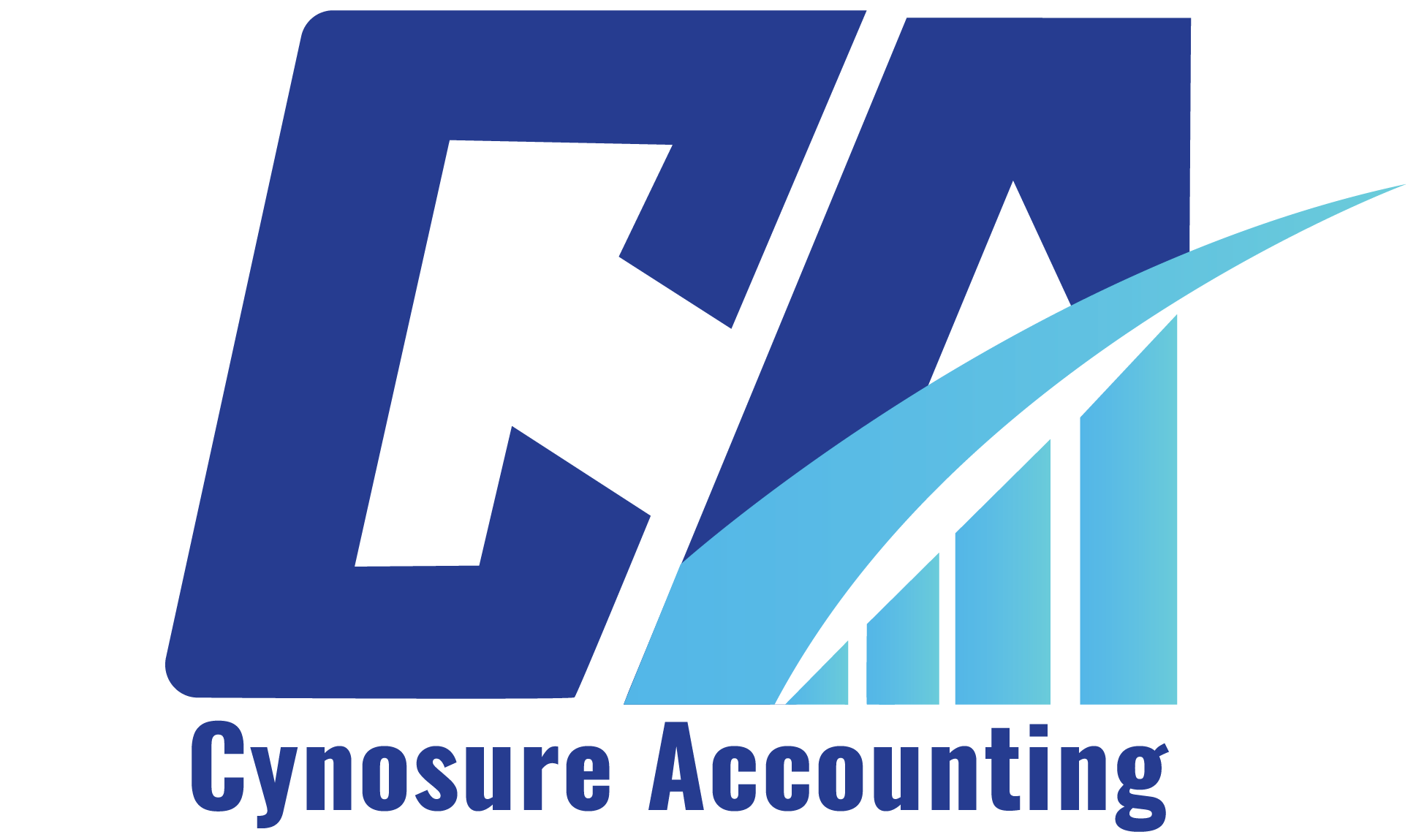Keeping your financial records in order is crucial for a smooth tax season. Without proper bookkeeping, you risk missing deductions, filing errors, and potential IRS penalties. A thorough bookkeeping clean-up ensures that all transactions are accurately recorded, expenses are categorized correctly, and essential tax documents are readily available. By organizing your books in advance, you enhance your tax preparation readiness, reduce stress, and improve your chances of maximizing refunds. This guide will walk you through the essential steps to clean up your records and prepare for tax season efficiently.
Why Bookkeeping Clean-Up is Essential for Tax Preparation Readiness
A messy bookkeeping system can make tax season stressful. Keeping accurate financial records not only helps you stay compliant with the IRS but also ensures you maximize deductions and minimize errors. Let’s break down why cleaning up your books before tax season is essential.
The Impact of Disorganized Books on Tax Filing
- Missed deductions can lead to paying more in federal income taxes.
- Errors in your tax returns can trigger an IRS audit.
- Delayed filings may result in penalties and interest.
- Inaccurate revenue tracking affects financial planning and budgeting.
By cleaning up your books ahead of time, you can ensure that your tax forms, including Form 1040 and Schedule C, are accurate and complete.
Steps to Clean Up Your Books Before Tax Season
1. Reconcile Your Bank Statements
Ensuring that all transactions match your bank statements helps prevent discrepancies in your tax preparation. Use accounting software or a tax preparation calculator to confirm that your balances align.
2. Categorize Business Expenses Properly
Classify your expenses correctly to maximize tax deductions. Common deductible expenses include:
- Office supplies
- Business travel
- Health Savings Account (HSA) and Flexible Spending Account (FSA) contributions
- Employee wages and benefits
Improper categorization may lead to errors when reporting deductions on IRS forms.
3. Gather Important Tax Documents
Ensure you have all necessary tax forms, including:
- W-2s and 1099s for employees and contractors
- Form 1040 for reporting personal income
- Schedule C for self-employed individuals
- Tax returns from previous years for reference
Using the IRS Free File Fillable Forms or IRS Free File can streamline the process.
4. Verify Your Taxpayer Information
Check that your business details, including your Preparer Tax Identification Number (PTIN), Employer Identification Number (EIN), and other credentials, are accurate. Any discrepancies can cause delays with the Internal Revenue Service (IRS).
How Good Bookkeeping Helps with Tax Preparation Readiness
Maximizing Tax Credits and Refunds
A well-maintained bookkeeping system ensures that all eligible credits and deductions are accounted for. Common tax credits include:
- Earned Income Tax Credit (EITC)
- Child Tax Credit
- Small Business Health Care Tax Credit
With accurate records, you can optimize your tax refund and reduce your overall tax liability.
Avoiding IRS Audits
Accurate records reduce the risk of an IRS audit. Keeping well-documented expenses, tax forms, and financial reports helps prove compliance with tax laws.
Using Accounting Software for Bookkeeping Clean-Up
Consider using bookkeeping tools like QuickBooks, TurboTax, or a desktop accounting system to streamline your financial tracking. These tools can:
- Generate financial reports
- Calculate estimated taxes
- Organize deductions and expenses
- Ensure compliance with IRS guidelines
Final Checklist for Tax Season Readiness
- Reconcile all bank and credit card statements
- Categorize all business expenses
- Collect all necessary IRS forms
- Verify business and taxpayer information
- Review tax credits and deductions
Additional Tips for a Smooth Tax Season
Work with a Tax Professional
If your books are complex or you’re unsure about tax laws, hiring a professional can help. A tax preparer with a valid Preparer Tax Identification Number (PTIN) can ensure compliance and optimize your tax strategy.
Stay Up to Date on Tax Law Changes
Tax laws change frequently. Keep an eye on IRS.gov for updates on deductions, credits, and filing requirements to ensure you’re taking advantage of every benefit available.
Automate Your Bookkeeping
Using automation tools can simplify financial management throughout the year. Many accounting platforms integrate with banking systems to track income, expenses, and tax-related transactions in real time.
Keep Digital and Physical Copies of Records
The IRS recommends keeping records for at least three years. Store important tax documents, receipts, and financial reports both digitally and physically to avoid issues if an audit arises.
Tax season doesn’t have to be overwhelming. By taking proactive steps to clean up your books, you can ensure tax preparation readiness, maximize deductions, and file accurately. Don’t wait—start organizing your financial records today and enjoy a smoother tax filing experience.

